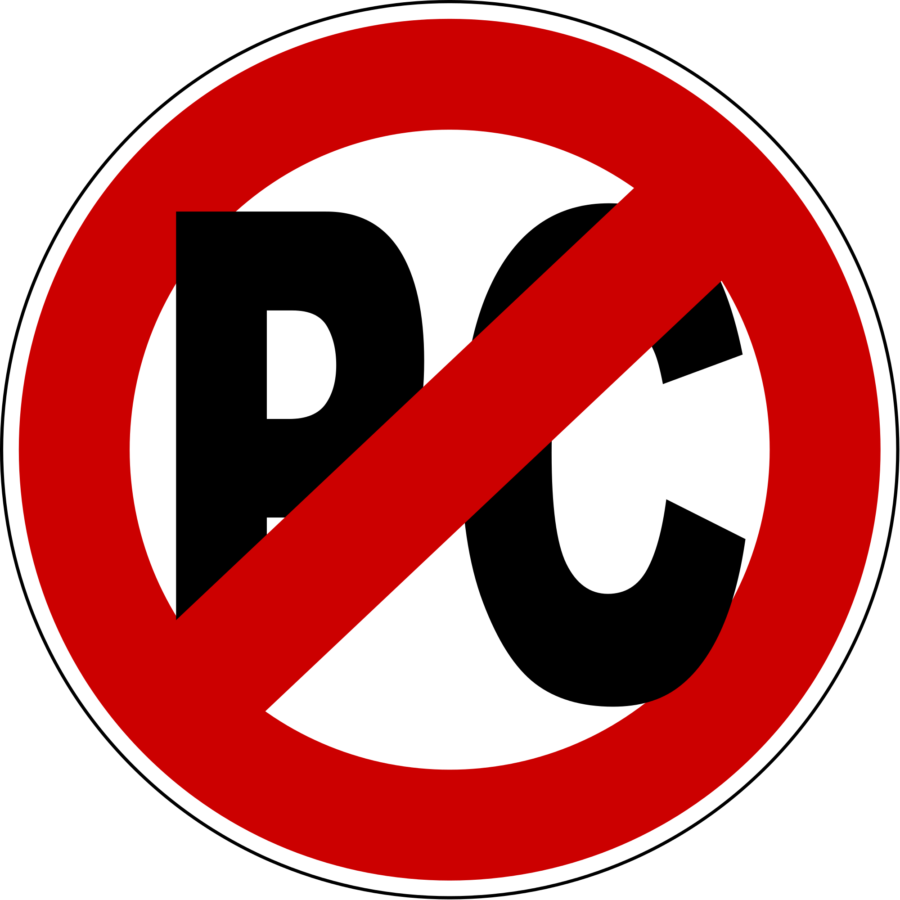As in most cultural debates today, those who fight over political correctness seem to disagree about basically everything — including the words used. Political correctness, often disparagingly dubbed “PC,” is a term used almost exclusively by its opponents, who often paint a picture of a world where people can get censored for saying anything slightly derogatory. On the other side, people highlight the increasing visibility of racism, sexism and other forms of bigotry as they make their way into our everyday worlds and political speeches. The false opposition between being for or against PC, unfortunately, hides commonality and allows many to defend hateful language of all shapes and sizes.
This debate is in no way new, but it has received increased public attention thanks to the candidacy of Donald Trump, who has, among other things, pledged to end political correctness on college campuses. Supporters often portray Trump as a crusader in the fight against PC, hailing him for constantly breaking rules of speech that they see as part of PC culture. In practice, this can mean anything from his open questioning of the legitimacy of our elections to the repeated insults he launches from platforms like Twitter and presidential debates.
It has become incredibly hard to argue about political correctness, however, because of the all-encompassing portrayal of it given by its vocal opponents. The term PC culture allows opponents to look for and find it anywhere, arguing about its persistence on social media, college campuses and national debates. Entirely distinct areas operating under entirely distinct rules are all said to be dictated by the terms of the PC police, a powerful force of censorship and exclusion. Opponents see this monster of PC culture as making few distinctions about intent, attacking friendly jokes as frequently as it does campaign declarations.
This broad use of the term has not only made it almost useless but has also allowed it to be used as a stand-in for any type of criticism. If PC culture is such a monster, why couldn’t it undermine every single thing your opponents say? The 2016 election has seen the anti-PC banner used as a shield to defend all sorts of things, including instances of racial and misogynistic slurs and appeals to stereotypes. There’s a good chance that if you have anything negative at all to say about Trump, your criticisms could be cast as yet another move by the infamous PC police.
A lot rings true when people challenge overzealous speech rules, but unfortunately, this gets undermined by the association with a loaded term. For example, opponents of PC point to cases like those of Erika Christakis, a Yale lecturer that sent a letter to students suggesting that they engage in conversations with each other about Halloween costumes and venture to be “a little bit inappropriate or provocative.” This email prompted a wave of criticism and protests as students called for her and her husband Nicholas to retire from their positions at Yale. Such protests, in addition to demanding an end to opposing viewpoints, also devolved into expletives and represented some of the same kinds of speech that the protestors were supposedly against. We can see that hateful, insulting language is not the exclusive domain of those against PC.
This is why I feel we need to move beyond the PC debate and be specific about the kinds of rhetoric we won’t tolerate in public discussion. This “either-or” between defending oversensitivity or defending bigotry is something that can be avoided with clearer advocacy. A stance against this bullying rhetoric could challenge terms that aim to explicitly malign someone for their race or background. Such a stance could also criticize some of the so-called PC police in cases where professors or students get harassed for their opinions.
I am of the opinion that we can create a broader coalition against open, flagrant hate. Moving beyond the PC debate means refusing to see the issue as black and white, enabling us to make distinctions between vicious attacks and creating a dialogue about Halloween costumes. We can also be more explicit about the issue of intent, being able to deal with harmless jokes between friends in a quite different manner from hateful tirades said in public. Perhaps many of those against PC can find common ground with those that want to see an end to the use of slurs and stereotypes in politics.












